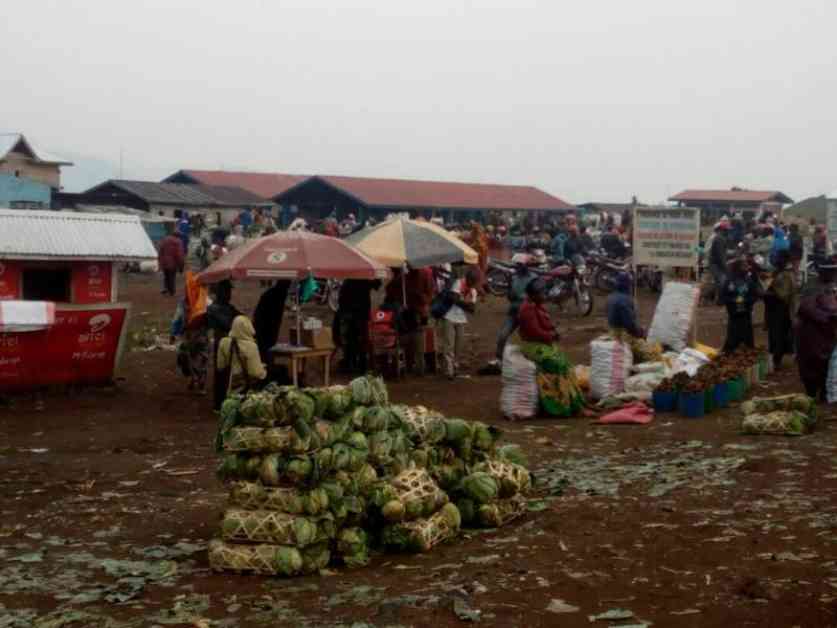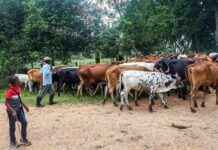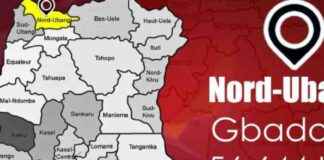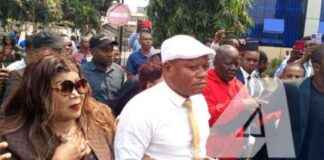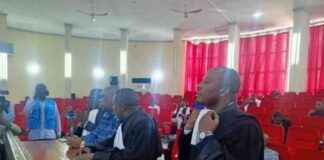The Democratic Republic of Congo (DRC) stands as a powerhouse in the global commodities market, rich in natural resources. Yet, paradoxically, this economic potential is overshadowed by a heavy reliance on imports, particularly in the agri-food sector.
According to Julien Paluku, the Congolese Minister of Foreign Trade, who spoke at a conference at FICKIN on January 3rd, the DRC imports over $3 billion worth of agri-food products annually, despite having 80 million hectares of arable land, of which only 10% is cultivated. This paradox highlights a structural imbalance in the Congolese economy. Despite favorable climate and natural conditions, the country struggles to meet its basic food needs.
Import Dependence and International Partners
The DRC’s main import partners, according to 2022 World Trade Organization data, include China ($5.06 billion), South Africa ($1.7 billion), Zambia ($1.51 billion), the United Arab Emirates ($734 million), and India ($680 million). This dependence, especially concerning food products, exposes the DRC to international market volatility and food security challenges.
Export Strengths and Agricultural Potential
Despite this food dependence, the DRC maintains a generally positive trade balance due to its massive exports of raw materials. In 2022, goods exports reached $28.2 billion, led by refined copper ($16.3 billion), cobalt ($5.99 billion), and crude oil ($916 million). Key export partners include China ($15.6 billion), Singapore ($1.36 billion), and the United Arab Emirates ($1.3 billion).
The DRC boasts one of the world’s greatest agricultural potentials with abundant natural resources and unique agro-climatic diversity. However, the agricultural sector, once contributing up to 70% of the GDP in the 1960s, has seen a dramatic drop in productivity. Staple crops like cocoa, coffee, and palm oil, which once brought substantial revenue, have declined.
Economic Diversification and Agricultural Revitalization
Despite these challenges, Minister Julien Paluku emphasized at the 46th edition of the International Fair of Kinshasa (FICKIN) the need to diversify the Congolese economy and revive the agricultural sector to reduce food import dependence. He also noted that the rebound in commodity prices presents an opportunity to strengthen exports and rebalance trade accounts.
With exports driven by its mineral resources and a generally positive trade balance, the DRC has the means to harness its agricultural potential and reduce its food dependence.
